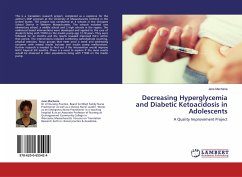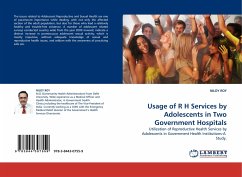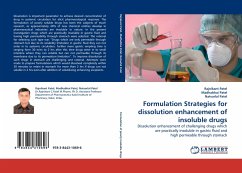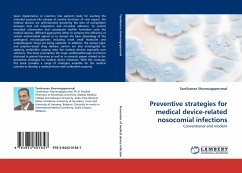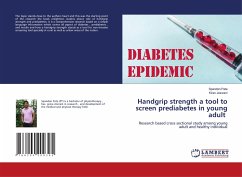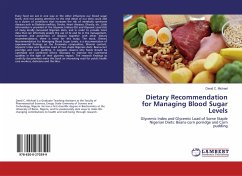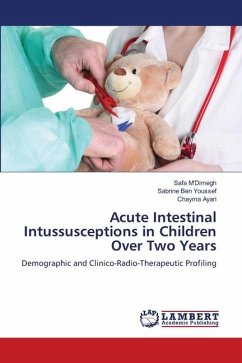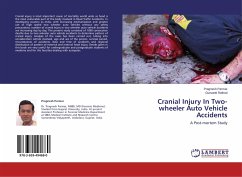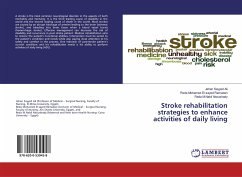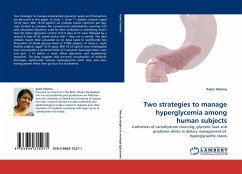
Two strategies to manage hyperglycemia among human subjects
Usefulness of carbohydrate counting, glycemic load and predinner drinks in dietary management of hyperglycaemic states
Versandkostenfrei!
Versandfertig in 6-10 Tagen
39,99 €
inkl. MwSt.

PAYBACK Punkte
20 °P sammeln!
Two strategies to manage postprandial glycaemic peaks and fluctuations are discussed in this paper. In study 1, seven T1 diabetic subjects (aged 18-50 years, BMI 18-29 kg/m2), on multiple insulin injections per day, were studied to compare the conventional carbohydrate counting (CC) with calculated Glycaemic Load for their usefulness in estimating insulin dose for better glycaemic control. First 6 days of CC were followed by a second 6 days of GL based advice with 7 days run in period. The data indicate insulin dose calculated on GL basis leads to significantly less fluctuation of blood glucos...
Two strategies to manage postprandial glycaemic peaks and fluctuations are discussed in this paper. In study 1, seven T1 diabetic subjects (aged 18-50 years, BMI 18-29 kg/m2), on multiple insulin injections per day, were studied to compare the conventional carbohydrate counting (CC) with calculated Glycaemic Load for their usefulness in estimating insulin dose for better glycaemic control. First 6 days of CC were followed by a second 6 days of GL based advice with 7 days run in period. The data indicate insulin dose calculated on GL basis leads to significantly less fluctuation of blood glucose levels in T1DM subjects. In study 2, eight healthy subjects (aged 18-25 years, BMI 18-25 kg/m2) were investigated how consumption 2 standard drinks of 3 alcoholic beverages (beer, wine and gin), 1 hr before a meal, affect glycaemic and insulaenimic responses. The data suggests that pre-meal consumption of alcoholic beverages significantly reduces hyperglycemia (with beer and wine having greater effect than gin) but not insulinemia.



